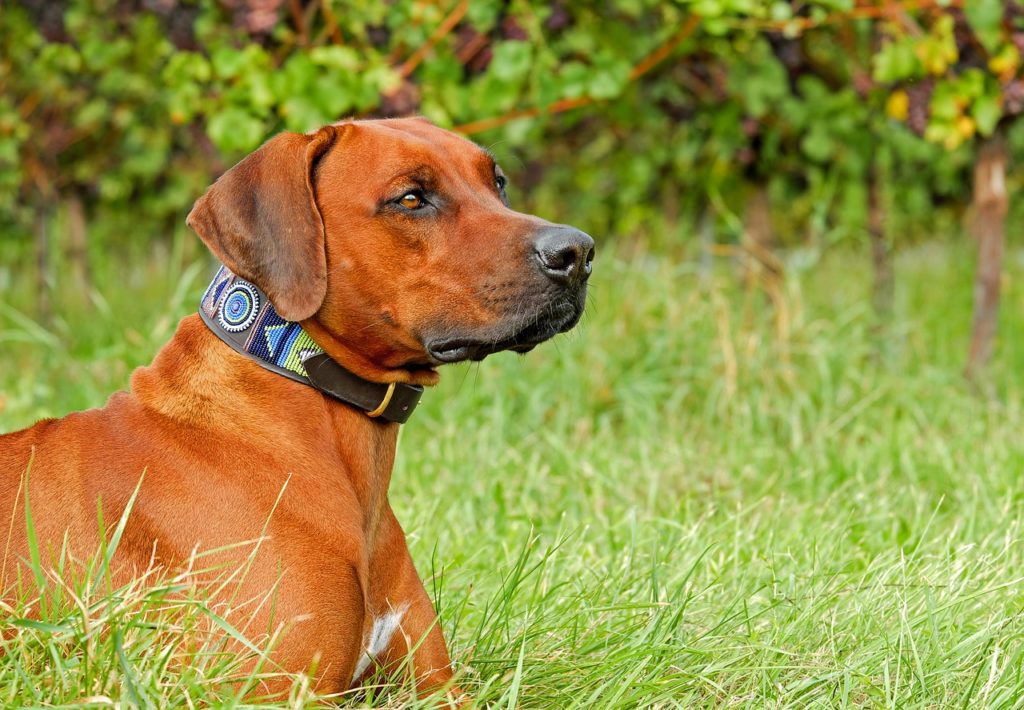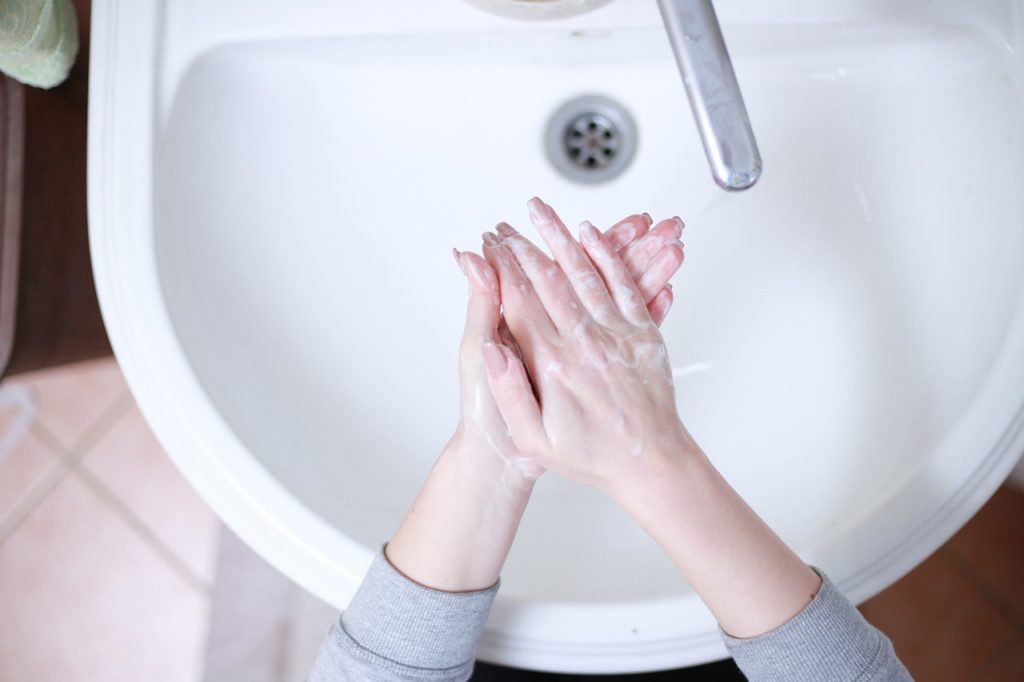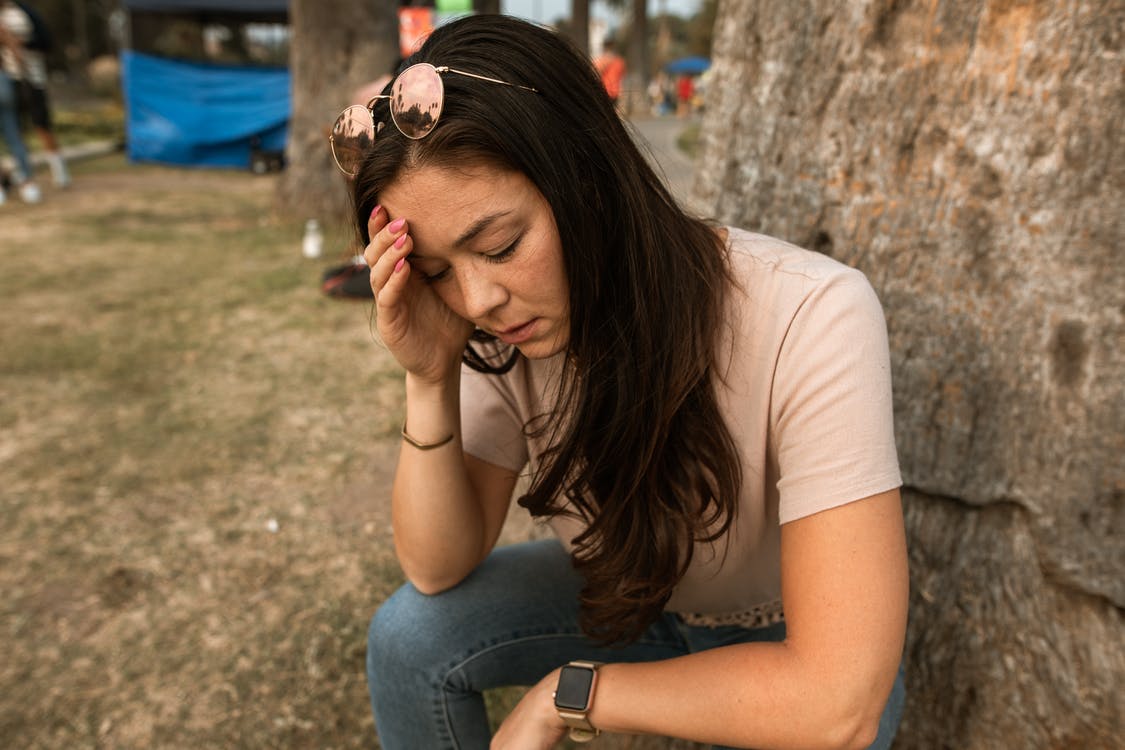Flea medicine can come in many forms. They can be as simple as flea collars that you simply put on your pet and as complicated as oral medications that you feed to your pet in a timely manner. Unfortunately, many of these treatments have strong active ingredients that can be dangerous to you too when you accidentally put them in your mouth. So, what do you do if you have flea medicine in your mouth?
Dangers of flea medicine ingestion
Flea medicines contain harmful ingredients. After all, they are there to kill fleas and get rid of infestations. If you accidentally have flea medicine in your mouth, you may generally be okay because the tiny amount you have is not enough to cause serious side effects. However, you shouldn’t be too complacent.
- Flea medicine ingestion can upset different bodily systems. Accidental flea medicine ingestion can cause gastrointestinal problems such as diarrhea and vomiting. It can also cause neurological problems such as muscle twitching, seizures, and tremors. It can also upset your respiratory system, giving you a variety of symptoms like coughing and difficulty breathing. In worst cases, accidental flea medicine ingestion can lead to organ damage, particularly in the kidneys and liver. However, take note that these problems are for serious cases. If you just accidentally have flea medicine in your mouth, it’s very unlikely for you to experience any of these.
- It can cause allergic reactions and skin irritation. You can also have allergic reactions to flea medicine. You can have allergy symptoms such as difficulty breathing, hives, and itching. Many flea treatments are also applied topically, such as flea sprays and spot-on treatments. When you are exposed to these, you can experience skin irritation, which is often accompanied by itching.

What to do if you get flea medicine in your mouth
The moment you realize you have flea medicine in your mouth, rinse your mouth immediately with water multiple times. Watch out for symptoms. If you experience any of them, treat it as an emergency.
- Rinse your mouth thoroughly. Get the flea medicine out of your mouth as soon as possible. The best way to do this is to immediately rinse your mouth with plenty of water. Spend a few minutes rinsing your mouth to make sure that no residue remains. And of course, don’t ingest the water you are using to rinse your mouth. Spit it out. Rinse and spit multiple times.
- Seek emergency medical attention if you experience symptoms. The flea medicine in your mouth is not likely to give you the symptoms that have been enumerated earlier. This is because the dosage is weak since the medicine is meant for small pets like cats and dogs. But if you do experience symptoms, seek emergency care immediately. Call your local poison control center or go directly to the emergency section of your local hospital. Bring the flea medicine with you because the medical professionals that will attend to you can use the flea medicine information in the packaging to give you the appropriate treatment.
How to handle flea medicine to avoid ingestion
Follow the instructions in the flea medicine packaging to ensure you are using it correctly and safely. That’s the least you can do to avoid judgment lapses that can lead you to flea medicine ingestion. Here are more tips for you.
- Store the flea medicine in an inaccessible location. You, the person handling the flea medicine, are not the only one vulnerable to accidental flea medicine ingestion. The other people in your household are just as vulnerable, especially if the flea medicine is easily accessible to curious and unattended children. Store the flea medicine in a location where it won’t be reached by children easily. Also, store it in a location where others can’t confuse it for something else. Don’t put it in a medicine cabinet for humans, for instance. Someone may mistake it for human medication and end up ingesting it.
- Wear gloves and wash your hands. Sometimes, you accidentally ingest flea medicine because you put your medicine-soaked hands in your mouth. Your raw hands should be free of these medications, whether it’s before, during, or after their administration. Before using the product on your pet, wear gloves. And after using the product, thoroughly wash your hands with soap and water to make sure that your hands are truly free of any harmful ingredients. You may think that this is such an obvious tip. But you will be surprised by the number of people who don’t wash their hands even after handling dangerous and dirty objects.

Importance of consulting a veterinarian for fleas
The safest way to get rid of fleas on your pet is by consulting a veterinarian. Sure, over-the-counter medications can work, but prescription medications can be stronger and more effective. With the help of the veterinarian, you can also handle these stronger medications effectively and safely.
- The veterinarian can give you the best medicine for your pet’s specific case. It’s possible to treat cat or dog fleas by yourself. But the problem is that your ignorance and negligence can put your pet in danger. For example, do you know that you can’t use dog flea treatments on cats? If both your cat and dog have fleas and you decide to use the same treatment to save money, you can actually cost yourself more because of the dangers associated with that treatment method. There may also be existing complications. What if your cat already has anemia because of the blood loss from fleas? What if your dog has sensitive skin? It’s important to consult a veterinarian to cater to your pet’s specific needs.
- The medical professional can take into account potential side effects. Since you can suffer from side effects such as poisoning from accidental flea medicine ingestion, it’s not farfetched to think that there are side effects to the pets themselves. They can experience contact dermatitis, paresthesia, and other medical conditions. It’s important to consult a veterinarian to avoid such side effects and to get professional advice when they do occur.

